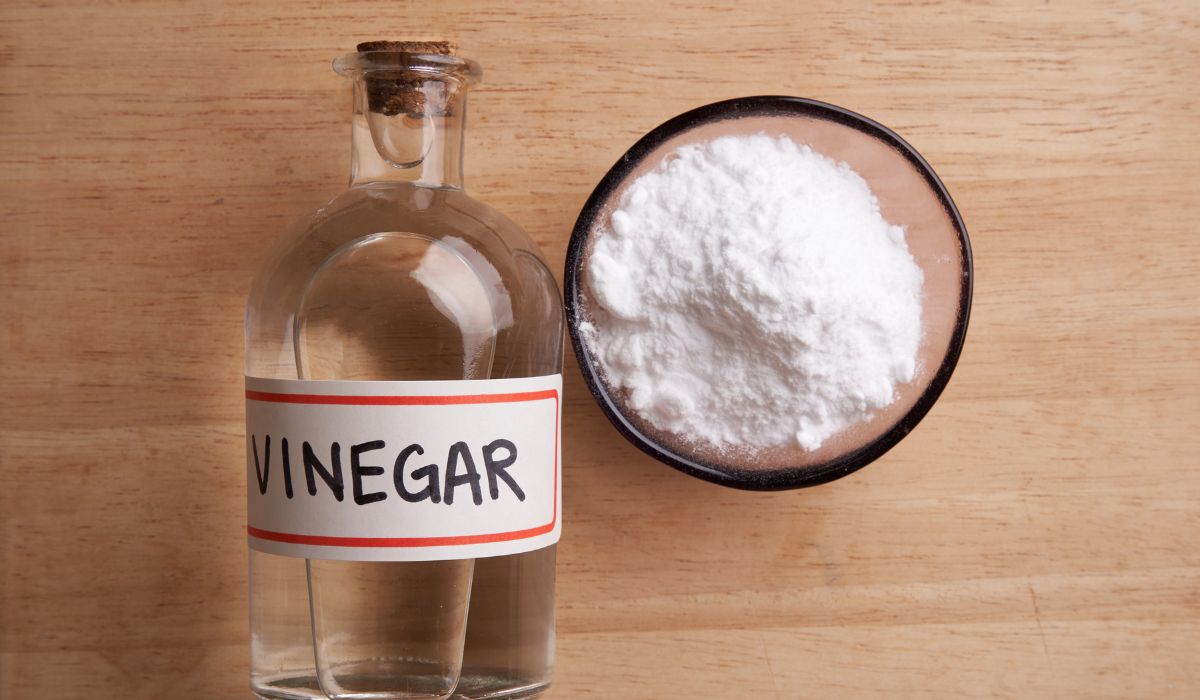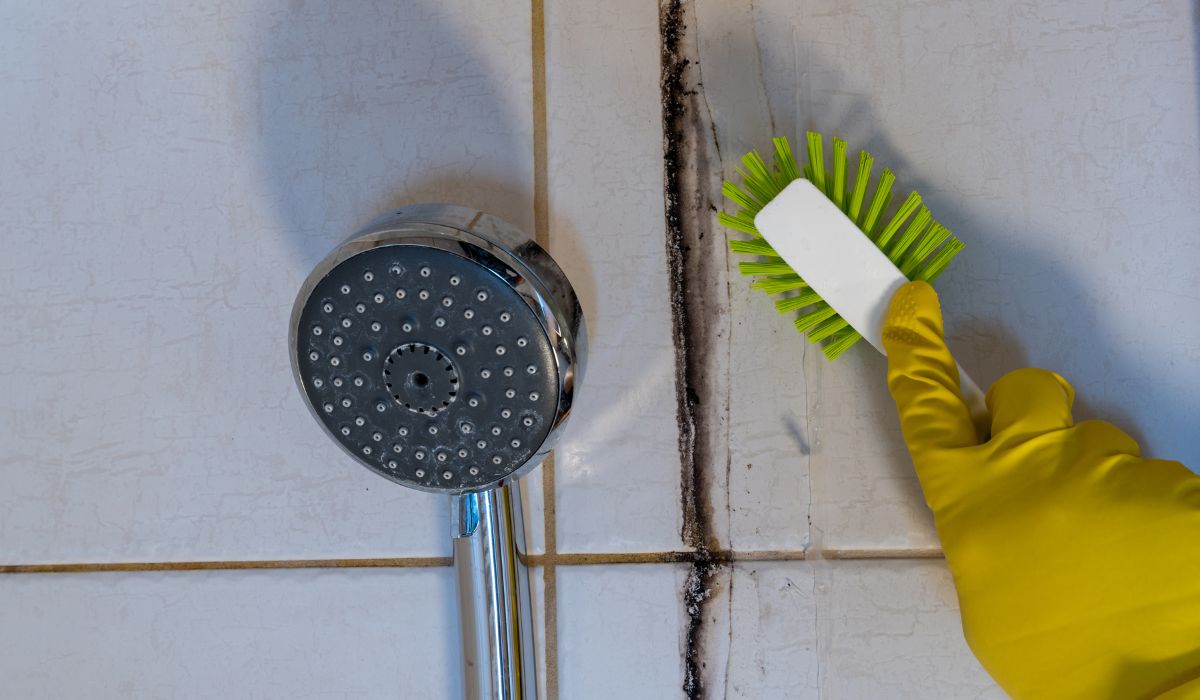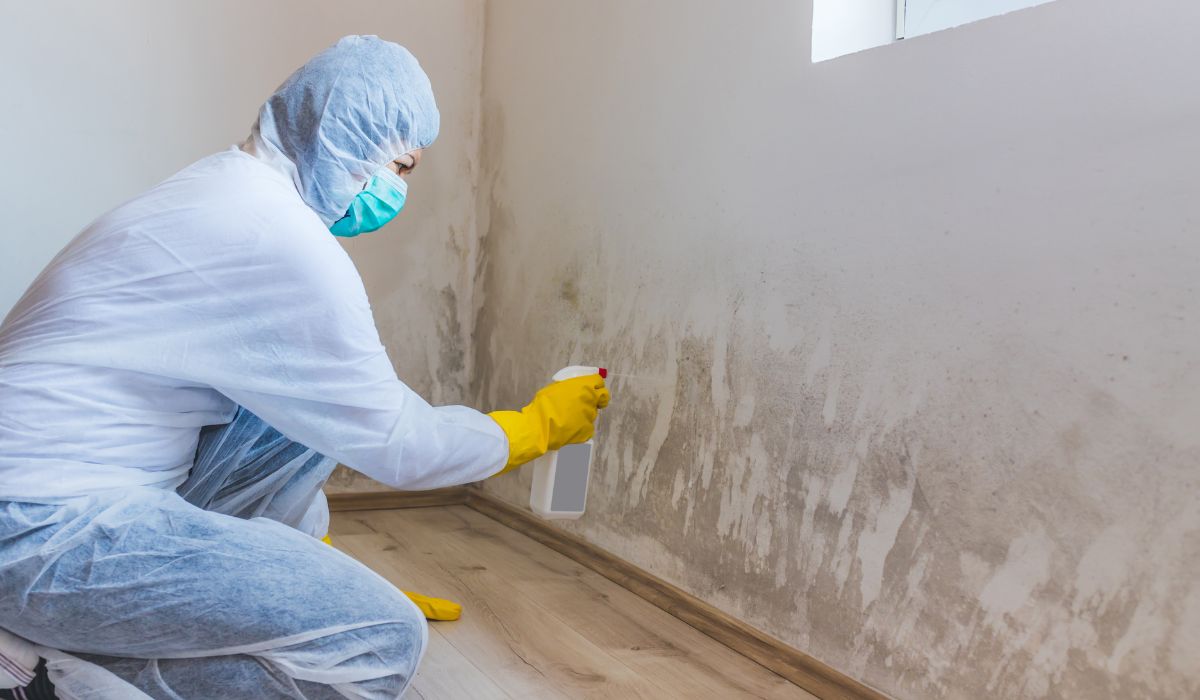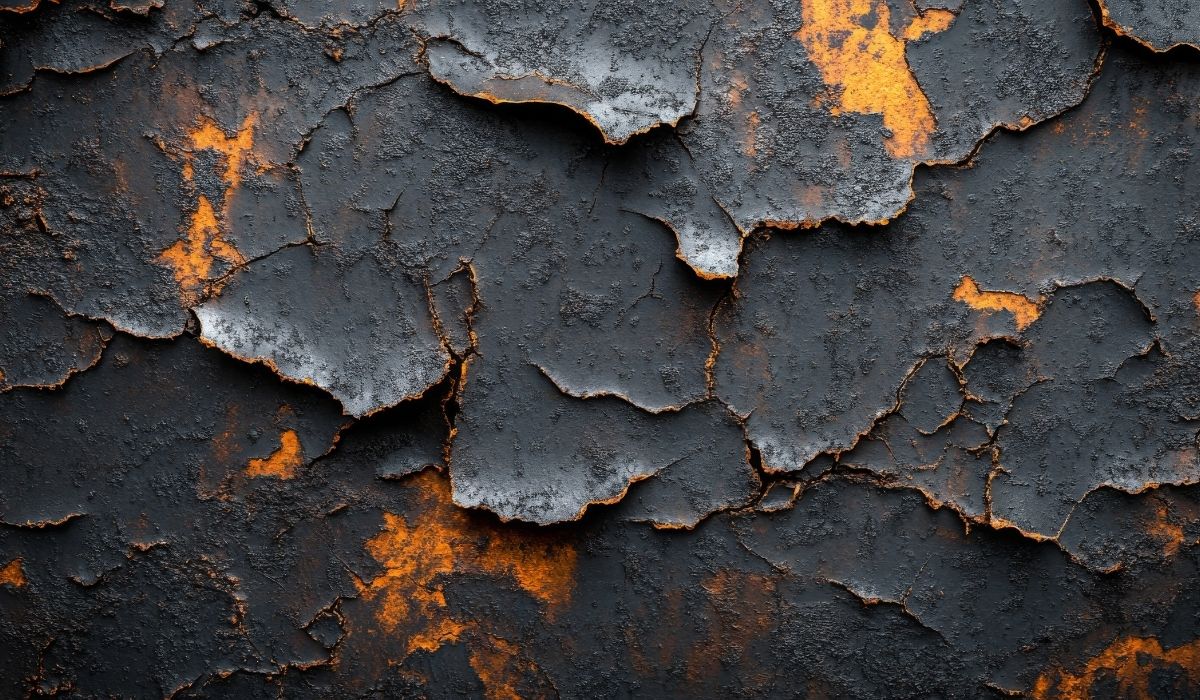Does Vinegar Kill Mold? Learn How It Works Fast
Can Vinegar Kill Mold?
Mold is a type of fungus that grows in places with too much moisture. You can find it in the bathroom, basement, kitchen, or even on wood, tile, or carpet. Mold grows fast, especially after a flood, roof leak, or water damage. But many people ask, does vinegar kill mold?
Yes, vinegar can kill many types of mold! Let’s talk about how it works and how to use it to help keep your home safe and clean.
What Is Mold?

Mold is a fuzzy or slimy fungus that can be black, green, white, or even orange. It can grow on textile, leather, glass, concrete, and even metal. Mold can smell bad and cause stains on surfaces.
Some molds, like aspergillus, can affect your health. They may cause cough, asthma, eye irritation, skin rashes, or problems with your lung or nose.
The Centers for Disease Control and Prevention (CDC) warns about the health risks of indoor mold and poor indoor air quality.
Why Does Mold Grow?
Mold needs three things to grow:
- Moisture from water, leaks, or high humidity
- A place to live like wood, tile, or textile
- Warm heat
That’s why you often see mold in areas like:
- Around the sink
- In the shower
- Under the ceiling
- On the roof
- On the bathroom walls
- Inside the basement
So, Does Vinegar Really Kill Mold?
Yes! Vinegar is an effective mold killer. Vinegar is made from acetic acid, which is a natural antifungal and cleaning agent. It breaks down the mold and kills it at the root.
You may also wonder, does vinegar remove mold? or does vinegar clean mold and mildew? The answer is yes! Vinegar can kill about 80% of mold types and helps stop it from coming back.

How Does Vinegar Kill Mold?
Vinegar works by changing the pH level around the mold. Mold needs a certain pH to survive. Acetic acid in vinegar lowers the pH, making the area too acidic for mold to live.
The acid also attacks the mold’s cell walls, killing the fungus. That’s why many people use vinegar to kill mold in homes and apartments.
How Long Does It Take Vinegar to Kill Mold?
You might ask, how long does it take for vinegar to kill mold?
Let the vinegar sit on the mold for at least one hour. This gives the acid time to break down the mold. After that, scrub it with a sponge or paper towel, then rinse and dry.
Is Vinegar Good for Mold?
Yes, vinegar is:
- Natural
- Cheap
- Easy to use
- Safe for many surfaces
People often ask, is vinegar good for mold? or does vinegar get rid of mold?—and the answer is yes. It’s even better when you pair it with other tools like a spray bottle, detergent, or hydrogen peroxide.
Where to Use Vinegar for Mold
Vinegar is great for mold on:
- Bathroom walls
- Shower tiles
- Kitchen counters
- Concrete in the basement
- Wood furniture
- Ceiling tiles
- Carpet (light use)
- Steel or metal surfaces
- Glass
- Even leather and textile (test first!)
Avoid using it on marble, as vinegar can damage it.
What to Use With Vinegar for Mold
You can use these with vinegar for better results:
1. Hydrogen Peroxide
Use 3% hydrogen peroxide in a spray bottle. Spray it after vinegar to boost oxygen power.
2. Baking Soda
Mix baking soda with vinegar to make a paste. It helps scrub stains and deodorize bad odor.
3. Tea Tree Oil (Melaleuca Oil)
This oil is a natural disinfectant. Add a few drops to vinegar to fight tough mold and mildew.
Safety Tips When Using Vinegar for Mold
- Wear a mask to protect your lungs
- Use personal protective equipment like gloves and goggles
- Keep the room well ventilated
- Use a dehumidifier to control humidity
- Don’t mix vinegar with ammonia — this makes a dangerous gas
How to Use Vinegar to Remove Mold
Follow these steps to remove mold using vinegar:
- Pour plain white vinegar (5% acetic acid) into a spray bottle. No need to add water.
- Spray it on the moldy area until it’s soaked.
- Let it sit for at least 60 minutes.
- Scrub the area with a sponge, paper towel, or soft towel.
- Rinse with warm water and let it dry.
- Use a dehumidifier or fan to dry the area and prevent mold from coming back.
Can Vinegar Be Used on All Surfaces?
Mostly, yes. But be careful with:
- Marble
- Some types of wood (test first)
- Certain textiles and leather
- Painted surfaces
Always test a small area before spraying large amounts.
How to Prevent Mold From Coming Back
Killing mold is great, but keeping it away is better! Here’s how:
- Use a dehumidifier in damp areas like the basement
- Fix roof or sink leaks fast
- Keep ventilation strong in the bathroom and kitchen
- Clean with vinegar regularly
- Don’t let wet carpet or towels sit too long
- Follow tips from the Centers for Disease Control and Prevention for indoor air quality
- Look into mold remediation for big problems
- Watch for pests too — some need pest control to stay away from damp spots
When to Call a Mold Remediation Professional
If the mold covers a large area (more than 10 square feet), or causes health problems like asthma, cough, eye pain, or skin rash — call a mold remediation expert.
Professionals use stronger tools and know how to keep your home safe. They may use stronger disinfectants, detergents, or other cleaning agents that you can’t get at the store.

FAQs About Vinegar and Mold
Does vinegar remove mold completely?
Vinegar kills most types of mold and helps remove it from many surfaces. But deep mold in walls or ceilings may need extra help or professional cleaning.
Does vinegar get rid of mildew too?
Yes! Vinegar kills and removes mildew, which is a type of mold. Many ask, does vinegar get rid of mildew?—and it’s a great choice for it.
Will vinegar get rid of mold smell?
Yes. Vinegar helps remove the musty odor that mold leaves behind. It also acts as a natural deodorizer.
Can I mix vinegar with other cleaners?
Don’t mix vinegar with ammonia. That can create dangerous fumes. It’s safe to mix with baking soda, tea tree oil, or use after hydrogen peroxide.
Can vinegar cause irritation?
It may cause skin or eye irritation if not handled safely. Wear personal protective equipment like gloves and goggles. Avoid breathing it in.
Final Thoughts
So, does vinegar kill mold? Yes, it does! Vinegar is a safe and simple way to remove mold, clean up after water damage, and stop the fungus from spreading. It’s easy to use, affordable, and works on many surfaces.
If your mold problem is big or keeps coming back, you may need help from a mold remediation expert. But for small spots in your bathroom, kitchen, or basement, vinegar to kill mold is a smart and natural choice.
Keep your air clean, your home dry, and mold away—for good! Contact us today for more information.



